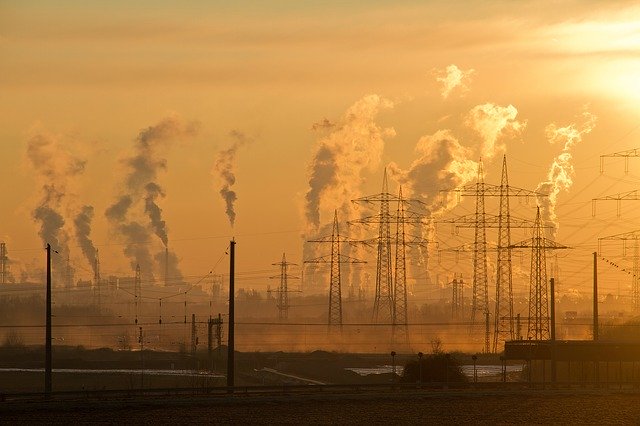As more countries emerge from a strict COVID-19 lockdown, air pollution levels are increasing significantly. A number of cities across the world, such as Melbourne, New York, Los Angeles, Beijing and Cape Town, experienced a double-digit increase in Particulate Matter (PM)2.5 levels.
Particulate Matter (PM) are tiny airborne pollutants that come from vehicles, industrial and agricultural emissions, residential heating and manufacturing plants.
As reported by Forbes, New York had the biggest increase, with a 33% surge in PM2.5 air pollution between June and July. During its strictest lockdown period between April and May, there was a 59% drop in PM2.5 levels.
Cape Town’s air pollution levels have increased by 23% since lockdown restrictions were relaxed, while Madrid’s have increased by 21% according to data by the World Air Quality Index.
The decrease in air pollution during stringent lockdowns are attributed to a decrease in emissions from activities such as industrial activity, commuting and offices.
“Earlier this year, we saw an unprecedented pause in global activity as most countries went into lockdown to stop the spread of COVID-19,” said the World Air Quality Index. “Just two weeks in, PM2.5 levels plunged across some of the world’s busiest cities, leading to improved air quality, increased visibility and even some historical moments, like the Himalaya’s becoming visible for the first time in 30 years in India.”
“Now, as life slowly returns to normal around the world, our air quality comparison across 15 major cities reveals that while some are still benefitting from cleaner air, others have seen pollution skyrocket.”
The PM2.5 levels of air pollution levels surged in six of the 15 countries analysed by the Index. Cities in regions such as Asia and Oceania have had the smallest drop in pollution levels after their stringent lockdowns. Hong Kong decreased by 16% during lockdown, while Sydney and Singapore decreased by 13% and 14% respectively.
Thousands across the world are expected to partake in the Global Day of Climate Action strike on Friday, September 25. A total of 7.6-million people took to the streets in 2019 in one of the biggest demonstrations for climate change in history.
Several protests will take place in Cape Town from 1pm, and activists will meet at Littlewood Primary School in Mitchells Plain, while others will gather in front of Parliament.
Picture: Pixabay

